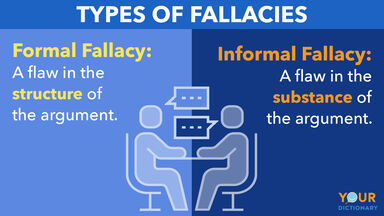Conditional-proof Definition
(logic) A style of proof which proceeds as follows: (1) start with some premise(s) and assumption(s), (2) derive a desired conclusion from the premise(s) and assumption(s), (3) apply the deduction theorem to state the tautology that the premise(s) imply that the assumption(s) imply the conclusion (just the contingency that the assumption(s) imply the conclusion, contingent implicitly upon the truth of the premise(s)). (Note: a conditional proof can be embedded (i.e., be a subproof) within a larger, "ambient" proof, in which case its premises are formulas which it "inherits" from the ambient proof, whereas its assumptions are formulas which it hypothesizes in situ and whose scope is limited to the subproof and do not spill over to the ambient proof. A conditional proof can also be stand-alone in which case it has no premises, only assumptions, and the proof proceeds as follows: (1) start with assumption(s), (2) derive a conclusion from the assumption(s), (3) apply the deduction theorem to state the tautology that the assumption(s) imply the conclusion.)
Other Word Forms of Conditional-proof
Noun
Find Similar Words
Find similar words to conditional-proof using the buttons below.





